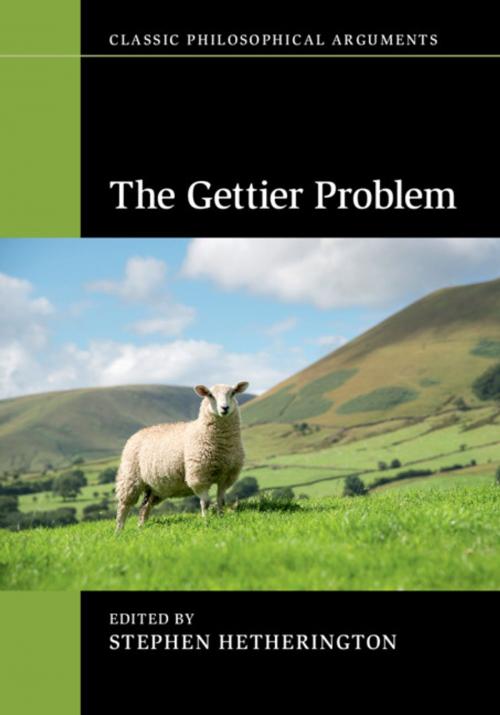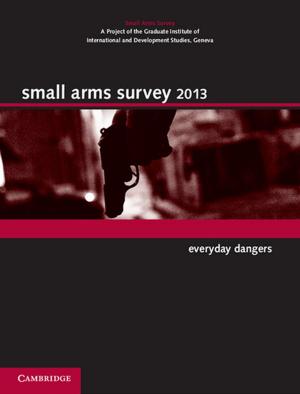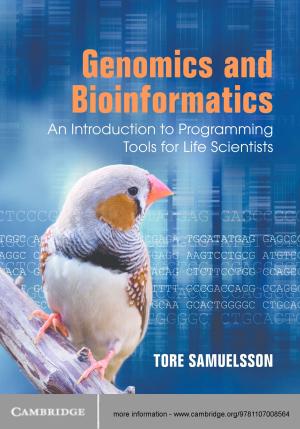| Author: | ISBN: | 9781316832714 | |
| Publisher: | Cambridge University Press | Publication: | November 8, 2018 |
| Imprint: | Cambridge University Press | Language: | English |
| Author: | |
| ISBN: | 9781316832714 |
| Publisher: | Cambridge University Press |
| Publication: | November 8, 2018 |
| Imprint: | Cambridge University Press |
| Language: | English |
When philosophers try to understand the nature of knowledge, they have to confront the Gettier problem. This problem, set out in Edmund Gettier's famous paper of 1963, has yet to be solved, and has challenged our best attempts to define what knowledge is. This volume offers an organised sequence of accessible and distinctive chapters explaining the history of debate surrounding Gettier's challenge, and where that debate should take us next. The chapters describe and evaluate a wide range of ideas about knowledge that have been sparked by philosophical engagements with the Gettier problem, including such phenomena as fallibility, reasoning, evidence, reliability, truth-tracking, context, luck, intellectual virtue, wisdom, conceptual analysis, intuition, experimental philosophy, and explication. The result is an authoritative survey of fifty-plus years of epistemological research - along with provocative ideas for future research – into the nature of knowledge.
When philosophers try to understand the nature of knowledge, they have to confront the Gettier problem. This problem, set out in Edmund Gettier's famous paper of 1963, has yet to be solved, and has challenged our best attempts to define what knowledge is. This volume offers an organised sequence of accessible and distinctive chapters explaining the history of debate surrounding Gettier's challenge, and where that debate should take us next. The chapters describe and evaluate a wide range of ideas about knowledge that have been sparked by philosophical engagements with the Gettier problem, including such phenomena as fallibility, reasoning, evidence, reliability, truth-tracking, context, luck, intellectual virtue, wisdom, conceptual analysis, intuition, experimental philosophy, and explication. The result is an authoritative survey of fifty-plus years of epistemological research - along with provocative ideas for future research – into the nature of knowledge.
